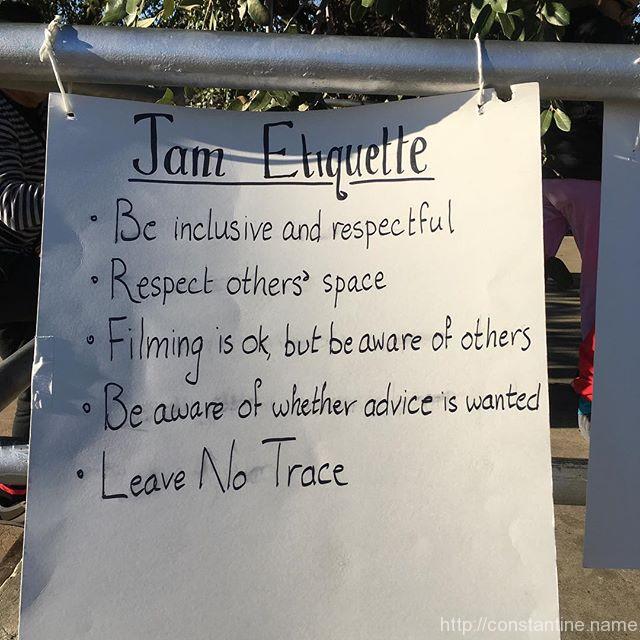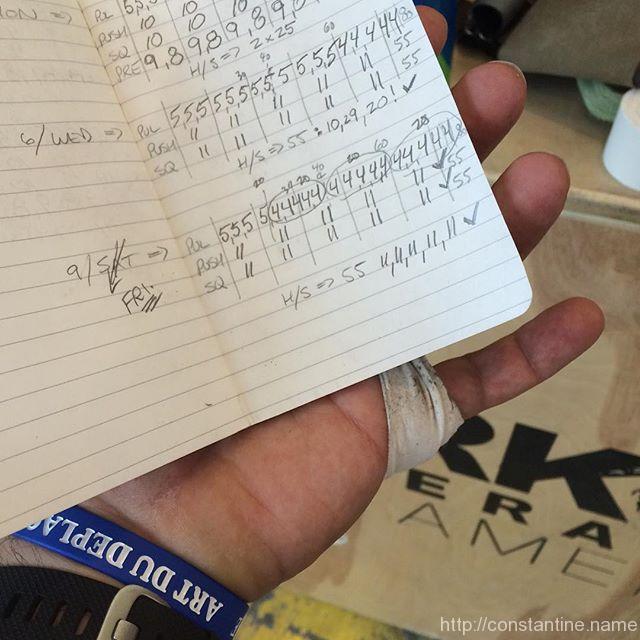Toohey argues that boredom, unlike primary emotions like happiness, sadness, fear, anger, surprise, or disgust, takes a secondary role, alongside “social emotions” like sympathy, embarrassment, shame, guilt, pride, jealousy, envy, gratitude, admiration, and contempt. He delineates between two main types of boredom — simple boredom, which occurs regularly and doesn’t require that you be able to name it, and existential boredom, a grab-bag condition that is “neither an emotion, nor a mood, nor a feeling” but, rather, “an impressive intellectual formulation” that has much in common with depression and is highly self-aware, something Toohey calls the most self-reflective of conditions.
~ Maria Papova, from The Cultural History and Adaptive Function of Boredom
In that article, there’s an interesting list of self-assessment statements—one of those self-assessments where you rate your level of agreement with each statement, total your points, and see where the Sorting Hat places you on a spectrum of total scores. There was a time not so long ago when I would have immediately answered the questions, totalled my score, and investigated the implications of where I had been sorted.
It would have gone like this: For each question, “here’s my current level of agreement to this statement, …what should it be? …how do I move in that direction?” For the total score, “here’s where I am on this spectrum [of resistence to boredom], should I and could I move along the spectrum?” There would also have been enormous effort to consider the statements themselves, the methods used to compose them, are they the right tools to evaluate sorting within the spectrum, does the spectrum make sense, and so on. It would have all been very much analyze-then-act, all very much forward-looking—I’m at situation/position ‘A’ and how do I move towards ‘B’?
But when I read this article I had a completely new experience.
Novel. First time. Startling.
I read the statement, “in situations where I have to wait, such as in line, I get very restless.” My reaction was not, “score, 0, strongly disagree.” I had a flash of a feeling. A moment where I felt transported—not metaphorically speaking, but rather I felt myself standing in line at the post office. I could see it, hear it, the people, the employees, etc.
AND IT WAS PLEASANT
Pleasant in the way laying in a hammock in afternoon sun dappled through a tree’s leaves is pleasant. Pleasant, as in I felt a tiny pang of regret to realize my feet are currently chilly [winter, wood stove, hardwood floors; it’s not unpleasant, just visceral] and to be standing up on them would be nicer. Pleasant, as in it would be interesting to hear the small slices of Regular Life—yes, even the ill-behaved children and adults distracted on their phones—you get standing in a queue. Pleasant, as in…
Wait wat? “zero, strongly disagree” …and I was snapped back into at least vaguely gauging wether I was disagreeing or agreeing with the statements [I was all over the map by the way] as I skimmed the list before I moved on from the article.
‘Curiouser and curiouser,’ said Alice.
ɕ








